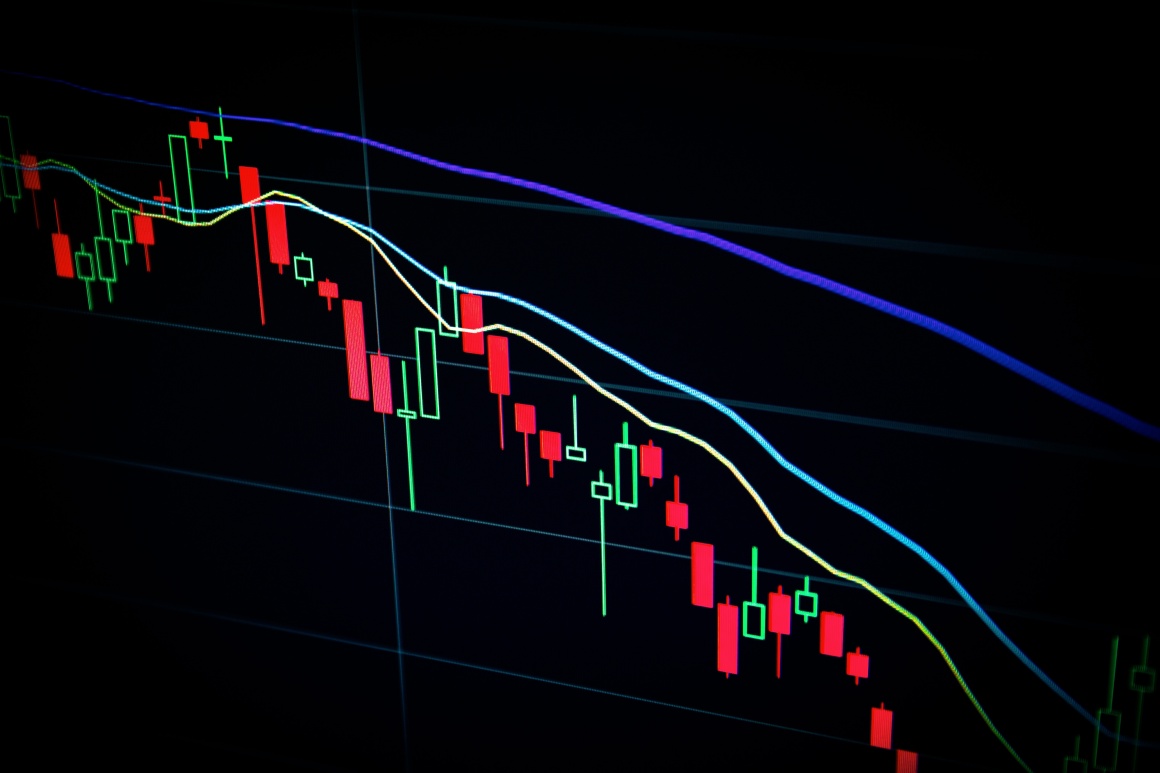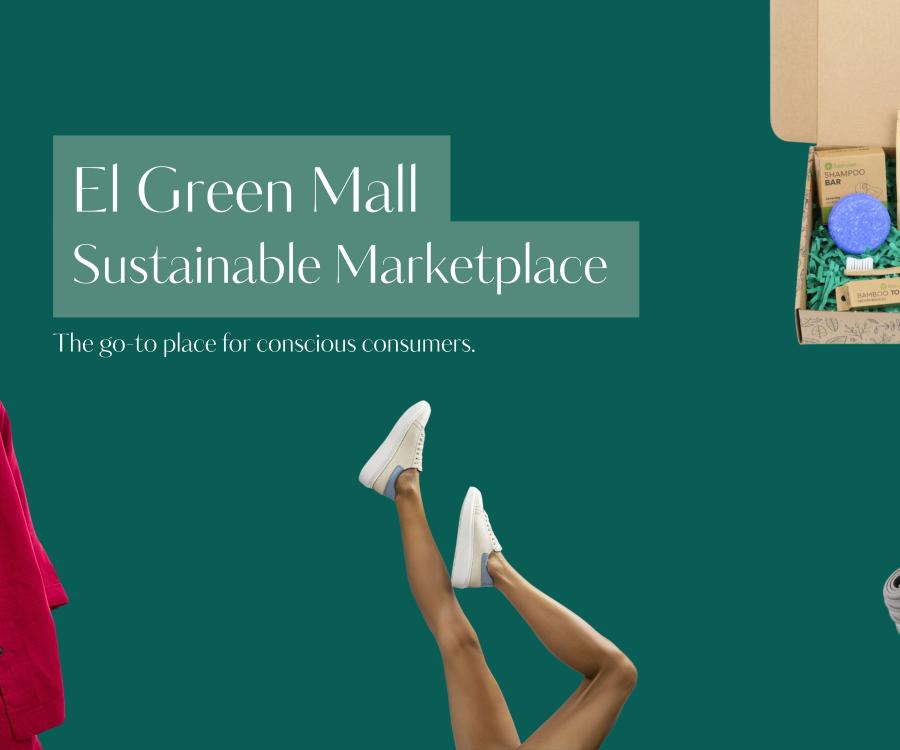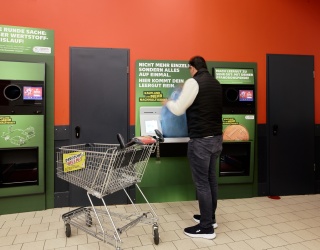Higher inflation is intensifying pressure on already thin margins throughout the supply chain. But recent shocks also highlight the need for supply chains to be reinvented to be more agile, more resilient, more efficient and more sustainable.

Only one out of 27 of the world’s top grocery and clothing retailers across the US, Europe and Asia-Pacific have globally leading approaches to sustainability and ESG issues, and none emerge as truly distinctive, according to a new analysis by Bain & Company.
The findings highlight the extent to which higher global inflation is exacerbating the challenges that retailers face to meet the sustainability expectations of consumers, investors, governments and regulators, and other stakeholders.
Rising prices and the resulting squeeze on the cost of living are reinforcing consumers’ pre-existing resistance to paying more for sustainable products, while testing the limits of already thin retail margins, Bain & Company’s report, Sustainability in Retail: Practical Ways to Make Progress, concludes.
Inflation providing catalyst to tackle gap between consumers’ views on sustainability and actions
A key part of the solution lies in harnessing growing consumer interest in more sustainable products, Bain’s analysis suggests.
Across the globe, over 70% of consumers say they are willing to pay a premium for products with a positive environmental impact or health benefits. Shoppers in Asia-Pacific lead the charge, with 90% of consumers expressing a willingness to pay more, followed by European consumers at 74% and finally American consumers at 71%. But most shoppers are currently not changing their shopping behaviors in practice. And with the cost-of-living crisis, consumers are now still more reluctant to pay more for sustainable options in groceries and clothing.
“Inflation is of course making consumers more sensitive to price – but at the same time it’s also encouraging them to revisit deeply engrained consumption habits,” said Luciana Batista, a Partner in Bain’s Retail, Consumer Products and Sustainability practices. “This offers a rare opportunity for retailers to disrupt the status quo and encourage circular models that see consumers returning products or reusing packaging for a discount in the future. Combined with greater choice and clear communication at the point of sale, inflation can be a catalyst for more sustainable behaviour.”
Retailers have scope for prioritised action on sustainability agenda despite margin pressures and funding gaps
Rising costs amid higher inflation are also exacerbating the funding gaps that retailers face on investing in sustainability. With 95% of retailers’ carbon emissions located further up or down the supply chain, sustainable systems more costly than existing ones, and thin margins a barrier to progress, Bain’s study notes that moving from sustainability commitments to action confronts retailers with a tough challenge.
But the report concludes that there is still extensive scope for retail groups to act by rigorously prioritising their most important sustainability goals and focusing on ‘hot spots’ within these to develop a sustainability strategy and playbook that balances ambition and ‘do-ability’.
Retailers seeking to claim leadership on sustainability should deepen their collaboration with their suppliers and innovators across the supply chain to help spread decarbonisation costs, trial new ideas and share the resulting benefits.
“A high-risk environment may reduce investment into sustainability in the short term but there is much retailers can do to decarbonise without making significant financial investments. Energy and waste saving measures can help to reduce costs and exposure to risk in the short term, while more comprehensive commitments are developed,” Luciana added.
Sustainability improvements will protect against volatility
Despite the challenges, the research shows that retail brands cannot afford to pause their sustainability efforts during the inflationary squeeze. The findings predict that 40% of US consumers plan to spend more on sustainable brands over the coming three years. In Europe, millennials already account for half of retail spend on sustainable insurgent brands. The retail sector must develop its sustainable offering for this consumer base to ensure longevity.
Sustainability improvements will also protect against volatility. For instance, the availability of materials with low embodied energy will be less vulnerable to the rising cost of electricity. Brands with higher sustainability credentials are also more resilient to decarbonisation-driven regulatory tightening. Retailers know many supply chains are in need of reinvention anyway – for reasons of resilience and cost, as well as to make them more sustainable.
“This is a key moment for sustainability in retail supply chains,” concludes Luciana. “The commitments have been made and the quick wins already achieved. The sector now needs to show it can continue to deliver improvements in sustainability when the economic landscape is more challenging. Those who stay behind will lose the hearts and pockets of customers.”






